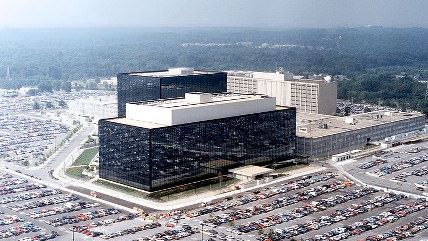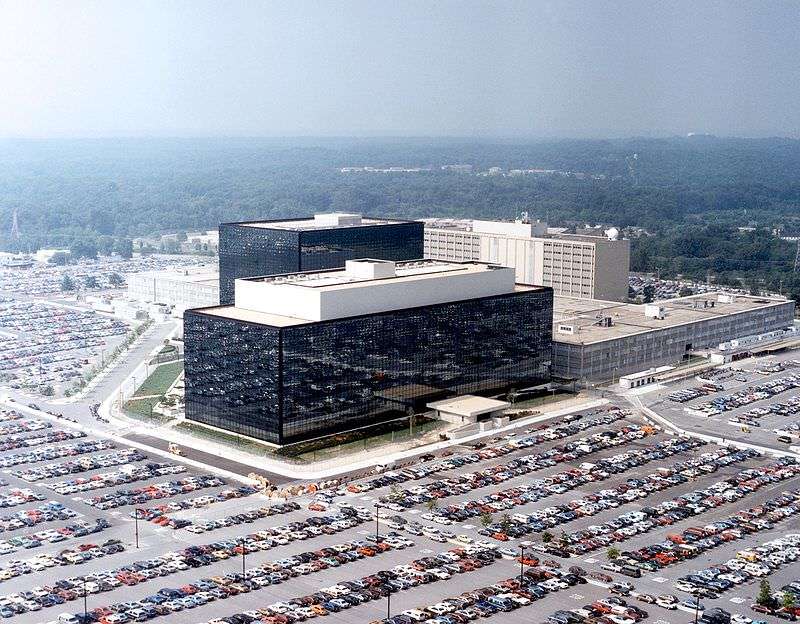House Passes Amendment Ordering Actual Restraints on NSA Searches


Tonight the House voted to approve an amendment to a defense appropriation bill shutting down the part of National Security Agency (NSA) "backdoor searches" that collects metadata on Americans without a warrant. The bill was sponsored by Reps. Thomas Massie (R-Ky.) and Zoe Lofgren (D-Calif.). The Electronic Frontier Foundation explains:
Today, the US House of Representatives passed an amendment to the Defense Appropriations bill designed to cut funding for NSA backdoors. The amendment passed overwhelmingly with strong bipartisan support: 293 ayes, 123 nays, and 1 present.
Currently, the NSA collects emails, browsing and chat history under Section 702 of the FISA Amendments Act, and searches this information without a warrant for the communications of Americans—a practice known as "backdoor searches." The amendment would block the NSA from using any of its funding from this Defense Appropriations Bill to conduct such warrantless searches. In addition, the amendment would prohibit the NSA from using its budget to mandate or request that private companies and organizations add backdoors to the encryption standards that are meant to keep you safe on the web.
The amendment was supported by a majority of both Democrats and Republicans, though more Republicans voted against it than Democrats. The newly elected House Majority Leader Kevin McCarthy (R-Calif.) voted against it.
Vox.com offers some additional context:
By itself, prohibiting backdoor searches falls far short of the kind of sweeping NSA reforms some civil liberties groups support. But the vote represents the first time a house of Congress has voted to curtail the controversial practices revealed by Ed Snowden last year. It will give NSA critics renewed political momentum and may force President Obama to make further concessions to critics of the NSA.
In August, Rep. Justin Amash (R-MI) offered an amendment to last year's defense funding bill that would have shut down a different NSA program: the collection of Americans' phone records. That vote failed in a razor-thin 205 to 217 vote. But the surprising closeness of the vote was widely interpreted as a sign of congressional anger over the NSA's actions.
Julian Sanchez, a senior fellow at the Cato Institute, argues that the vote is a rebuke to the House Permanent Select Intelligence Committee. That body is supposed to serve as a watchdog over NSA surveillance, but in recent years it has more often acted as a defender of NSA policies. The vote, Sanchez says, "demonstrates pretty dramatically that the gatekeepers in the Intelligence Committee are out of synch with the sentiment of the broader House."
Sanchez also notes that similar language was stripped from the USA FREEDOM Act, legislation intended to rein in the NSA that wound up being substantially weakened during the legislative process.
UPDATE: Here is the actual text of the amendment.


Show Comments (23)